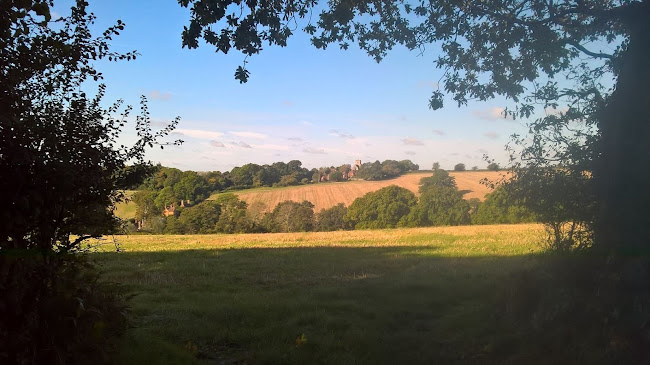It’s surprising how often one can go to the commentaries
looking for help on a particular issue and come away not entirely satisfied.
(My preparation this week has been thwarted by my
computer crashing several times and the document I’m sure I repeatedly saved
having apparently disappeared too, so I can't find the notes I made earlier on this but that’s another story.)
Anyway, in Exodus 20v24, why does God command an altar of earth?
And in v25, if the altar is made of stones, why is it to be made with undressed
stones?
I’ve looked at 4 commentaries and 1 book, listened to a
talk and done a bit of Googling and I’m still not entirely sure. http://hermeneutics.stackexchange.com/questions/1590/why-should-an-altar-be-made-with-uncut-stone
The interpretation is potentially complicated by the fact
that later dressed stones are used in making the temple, though they have to be
dressed at the quarry so that no sound of a chisel is to be heard at the
temple. http://biblehub.com/1_kings/5-17.htm
A general point could be made here regarding the
Regulative Principle of Worship related to the 2nd Commandment. God
is to be worshiped in his appointed way. He commands the worship that is
acceptable to him. But why these specific commands?
Some commentators contrast these altars with the
Cannanite altars. Certainly God is unique and unlike any other so called gods.
A point might be made about faith and works. Human beings
contribute nothing here. God provides for his own worship.
Maybe a contrast is intended with the bricks of Babel and
of Pharaoh.
Some commentators suggest that such altars were used to
avoid the temptation to make graven images. Or that such an altar was more
easily thrown down and less likely to become an idol.
The suggestion that undressed stones would be less
distracting for the worshiper seems unpersuasive to me. The same objections
could be made against the ornamentation of the tabernacle and temple, but God commanded that.
James Jordan suggests that an altar of earth represents
human beings who are also made from the earth, according to Genesis. Altars are
mini-mountains recalling Eden, which was raised ground from which rivers flowed,
and connected to the fact that God often meets people on mountains, as at
Sinai, of course. Believers are like mini-Sinais as at Pentecost when fire
comes down on each person as on the mountain or as on an altar.
The stone cut without hands in Daniel 2 points us towards
Christ as the ultimate God-given altar by which atonement is made and through
whom fellowship with God is enjoyed.
Any help gratefully received!




